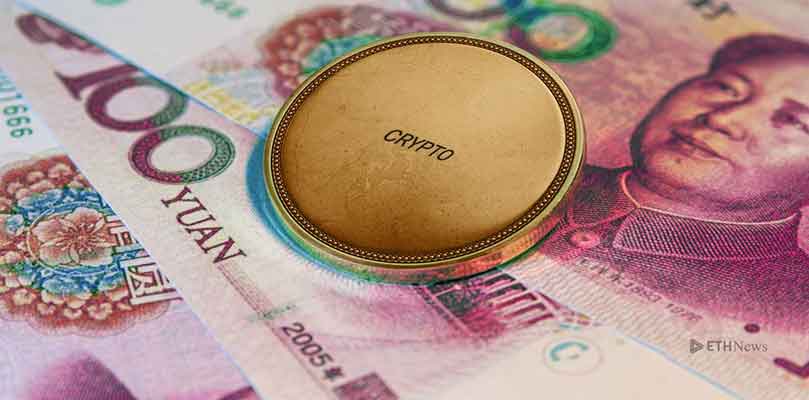The central bank of China is reportedly ready to launch its state-backed digital currency and once launched, it will be initially issued to seven institutions over the next months. According Paul Schulte, an independent researcher and formers employee of one of the institutions, the Industrial and Commercial Bank of China, the Bank of China, the Agricultural Bank of China; two of China’s largest financial technology companies, Alibaba and Tencent; and Union Pay, an association of Chinese banks, will receive the cryptocurrency. There are also reports that there is an eighth institution that will receive the central bank’s currency when it finally launches.
While the institutions have not officially released any information pertaining to the plans for the digital currency, the country’s government has previously confirmed that the technology that will be powering the currency has been ready since 2018 and it could launch as soon as November 11.
Once it is launched, the institutions that will be issued with the digital currency will be responsible for dispersing it to China’s 1.3 billion citizens as well as to people doing business using China’s fiat currency. Furthermore, the Chinese central bank has hopes that the currency will eventually be availed to users in other parts of the world through relationships with corresponding banks in those jurisdictions – the United State is one of the prime candidates for these plans.
Why Is China Launching Its Own Digital Currency?
China has one of the biggest informal or black economies on the planet and this makes the collection of taxes very difficult.
“The major business for most underground banks is now contra payments, leading to huge capital outflows and great damage to society. It’s the major target of our crackdown,” reveals a recent notice issued by China’s Supreme People’s Procuratorate.
The People’s Bank of China (PBOC) believes that the introduction of a state-backed digital currency will help it take back control of certain aspects of the economy and crack-down on the black economy. The currency is intended to offer “controllable privacy” which will allow users to transact without having to give away personal information. To achieve this, the currency will be “loosely coupled’ with an account. However, for the sake of mitigating against tax evasion and other illegal activities, the People’s Bank of China will be able to view the transactions.
“…there will be variable transaction fees, as well as daily and annual transaction limits to give the central bank more tools to control the velocity of money and its supply when interest rates cease to be a viable channel for intervention,” the Vice Governor of the bank said.
Lowering the cost of transactions is another aspect that the bank hopes to achieve in its bid to make financial services more widely available. Needless to say, this will be a huge development for the country since a significant portion of the population is unbanked.
